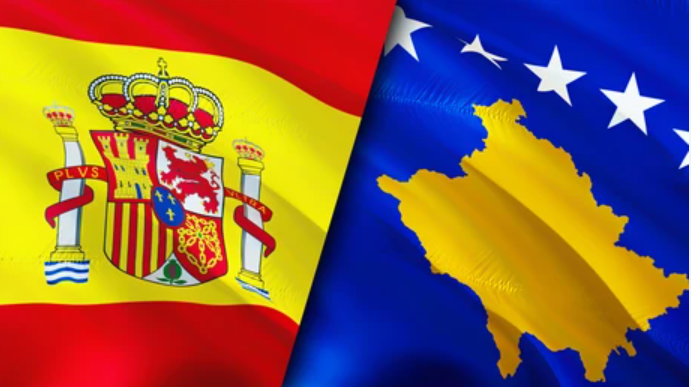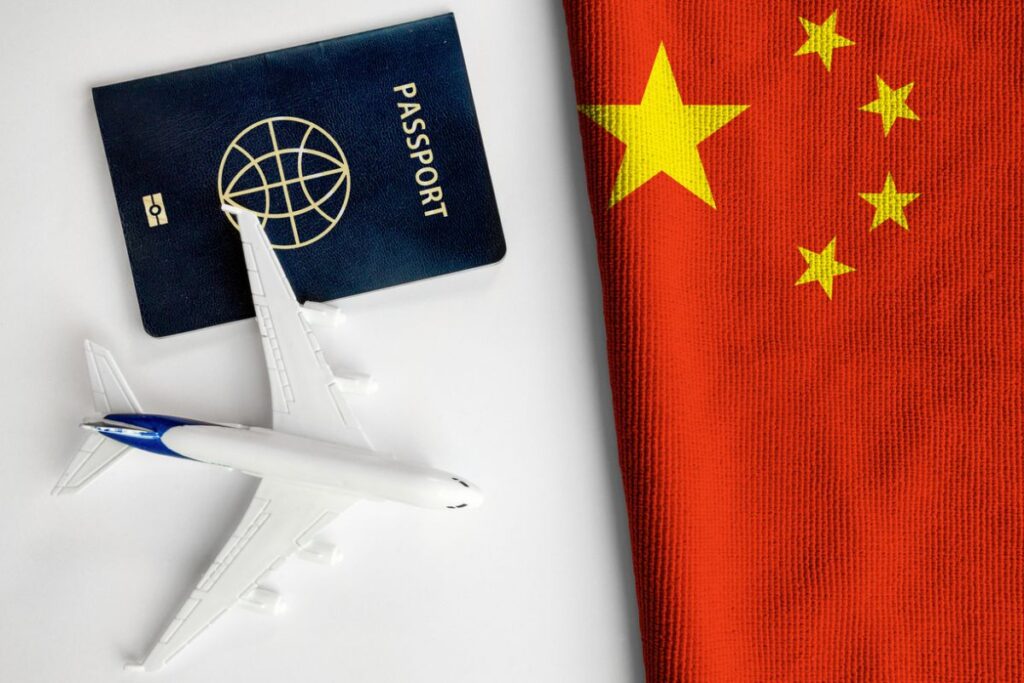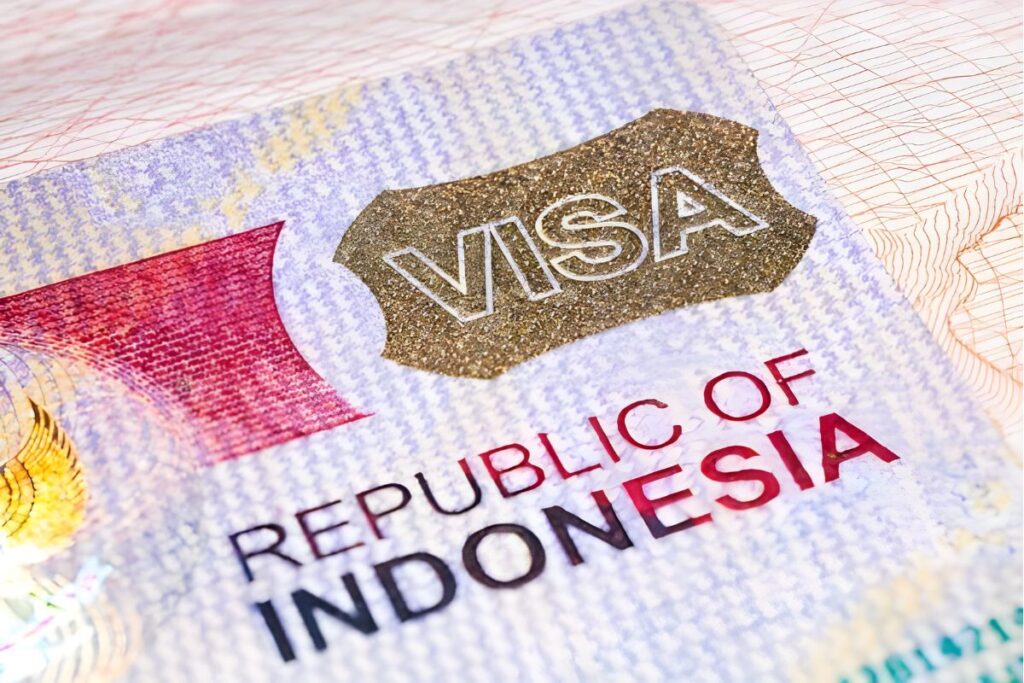
Introduction
- Explain the background of the visa liberalisation process for Kosovo and the EU
- Mention the main benefits and challenges of visa-free travel for Kosovo citizens
- State the main argument or thesis of the article
Example:
Kosovo, a former province of Serbia that declared its independence in 2008, has been striving for visa-free travel to the European Union for almost a decade. The visa liberalisation process, which requires meeting a set of criteria related to security, migration, human rights, and rule of law, was completed by Kosovo in 2018, when the European Commission confirmed that the country had fulfilled all the requirements. However, the final decision to grant visa-free status to Kosovo was delayed by the EU co-legislators, the European Parliament and the Council, until April 2023, when they finally approved the proposal. As of 1 January 2024, Kosovo passport holders are allowed to travel to the EU without a visa, for up to 90 days in any 180-day period. This, in turn, also enables EU citizens to travel to Kosovo without issuing a visa1
The visa-free regime is expected to bring many benefits to Kosovo and its citizens, such as enhancing people-to-people contacts, facilitating business and trade opportunities, promoting cultural and educational exchanges, and fostering regional cooperation and stability. However, it also poses some challenges, such as preventing irregular migration, combating organised crime and corruption, and ensuring the respect for human rights and fundamental freedoms. Moreover, the visa-free status does not imply the recognition of Kosovo’s statehood by the EU or its member states, some of which still do not accept Kosovo’s independence2
In this article, I will focus on one particular aspect of the visa-free agreement, which is the case of Spain, a EU member state that does not recognise Kosovo as a sovereign country and does not accept its travel documents. I will analyse the reasons behind Spain’s position, the implications for Kosovo citizens who want to travel to Spain, and the possible solutions to overcome this obstacle.
Body
- Divide the body into several sections, each with a subheading and a main point
- Provide evidence, examples, and analysis to support each point
- Use transitions and connectors to link the sections and create a coherent flow
Example:
Spain’s non-recognition of Kosovo
- Explain the historical and political factors that influence Spain’s stance on Kosovo
- Mention the other EU member states that share Spain’s position and their common arguments
- Discuss the impact of Spain’s non-recognition on the EU’s foreign policy and enlargement strategy
Example:
Spain is one of the five EU member states that do not recognise Kosovo’s independence, along with Cyprus, Greece, Romania, and Slovakia. The main reason for Spain’s position is the fear of setting a precedent for its own regions that seek more autonomy or independence, such as Catalonia and the Basque Country. Spain considers Kosovo’s unilateral declaration of independence as a violation of international law and the territorial integrity of Serbia, a position that is supported by Russia and China, among other countries3
The other EU member states that do not recognise Kosovo have similar concerns about their own territorial disputes or ethnic minorities, such as Cyprus with Turkey and Northern Cyprus, Greece with Turkey and Macedonia, Romania with Hungary and Moldova, and Slovakia with Hungary and Ukraine. These countries argue that Kosovo’s case is not unique or sui generis, as claimed by the majority of the EU member states that recognise Kosovo, but rather a dangerous example of secessionism that could destabilise the region and the continent4
The lack of consensus among the EU member states on Kosovo’s status has hampered the EU’s foreign policy and enlargement strategy in the Western Balkans, where the EU acts as a mediator and a facilitator of the dialogue between Serbia and Kosovo. The EU’s credibility and influence in the region depend on its ability to speak with one voice and to offer a clear and consistent perspective of integration to the aspiring countries. However, the non-recognition of Kosovo by some EU member states creates uncertainty and confusion about the conditions and the prospects of Kosovo’s EU membership, as well as the recognition of its statehood by the international community5
Spain’s visa policy for Kosovo citizens
- Explain the legal and practical implications of Spain’s visa policy for Kosovo citizens
- Mention the exceptions and the alternatives for Kosovo citizens who want to travel to Spain
- Discuss the potential risks and opportunities of visa-free travel for Kosovo citizens in the Schengen area
Example:
Despite the visa liberalisation agreement between Kosovo and the EU, which entered into force on 1 January 2024, Kosovo citizens will not be able to travel to Spain without a visa, as confirmed by the European Commission officials. This is because Spain does not recognise Kosovo’s passport as a valid travel document and requires a Schengen visa issued by the Spanish authorities for Kosovo citizens who want to enter its territory.
The only exceptions to this rule are Kosovo citizens who hold a residence permit or a long-term visa issued by another Schengen member state, or who have a biometric passport issued by the United Nations Interim Administration Mission in Kosovo (UNMIK), which is recognised by Spain. However, these options are limited and not accessible to most Kosovo citizens, who have to apply for a Spanish visa through the Spanish Embassy in Belgrade, Serbia, or through a third country that represents Spain’s interests in Kosovo, such as Hungary or Slovenia.
The visa-free regime for Kosovo citizens in the Schengen area, excluding Spain, creates both risks and opportunities for Kosovo and its relations with the EU. On the one hand, it could increase the chances of irregular migration, asylum abuse, or criminal activities by some Kosovo citizens who might try to exploit the visa-free status or to circumvent Spain’s visa policy by entering through another Schengen country. On the other hand, it could also enhance the social and economic development, the European integration, and the regional reconciliation of Kosovo, by allowing its citizens to enjoy the benefits of free movement, to participate in various educational and cultural programmes, and to establish contacts and cooperation with other European citizens and institutions.
Possible solutions to the visa issue
- Present some possible solutions to the visa issue between Kosovo and Spain, such as dialogue, mediation, or incentives
- Evaluate the pros and cons of each solution and the feasibility of their implementation
- Provide some recommendations or suggestions for the future of the visa issue and the relations between Kosovo and Spain
Example:
The visa issue between Kosovo and Spain is not only a technical or legal problem, but also a political and diplomatic one, that requires dialogue and cooperation between the two parties, as well as the involvement of the EU and other relevant actors. Some possible solutions to the visa issue are:
- Dialogue: Kosovo and Spain could engage in direct or indirect dialogue, with or without the mediation of the EU or a third country, to discuss the visa issue and to explore the possibilities of finding a mutually acceptable solution, such as issuing a special travel document or a visa waiver agreement for Kosovo citizens who want to travel to Spain. This solution would require political will and trust from both sides, as well as respect for each other’s positions and interests.
- Mediation: The EU or another international organisation, such as the UN or the OSCE, could act as a mediator or a facilitator between Kosovo and Spain, to help them resolve the visa issue and to improve their relations. This solution would require the recognition and the support of the EU and the international community, as well as the compliance and the commitment of Kosovo and Spain.
- Incentives: The EU or another partner, such as the US or NATO, could offer incentives or rewards to Kosovo and Spain, to encourage them to solve the visa issue and to cooperate on other matters of common interest, such as security, trade, or development. This solution would require the availability and the effectiveness of the incentives or rewards, as well as the responsiveness and the accountability of Kosovo and Spain.
In my opinion, the best solution to the visa issue is dialogue, as it is the most respectful and constructive way of addressing the problem and of building trust and understanding between Kosovo and Spain. However, dialogue alone is not enough, and it should be complemented by mediation and incentives, to ensure that the visa issue is resolved in a fair and sustainable manner, and that the relations between Kosovo and Spain are enhanced and harmonised with the EU’s values and interests.
Conclusion
- Summarise the main points and arguments of the article
- Restate the main argument or thesis of the article
- Provide some implications or recommendations for the future of the topic
Example:
In conclusion, the visa-free regime for Kosovo citizens in the Schengen area, which came into effect on 1 January 2024, is a significant achievement for Kosovo and its European integration process, but it also poses some challenges and limitations, especially regarding the case of Spain, a EU member state that does not recognise Kosovo’s independence and does not accept its passport. The visa issue between Kosovo and Spain is a complex and sensitive one, that reflects the historical and political factors that influence Spain’s stance on Kosovo, the legal and practical implications of Spain’s visa policy for Kosovo citizens, and the possible solutions to overcome this obstacle, such as dialogue, mediation, or incentives. The visa issue is not only a matter of technical or legal arrangements, but also a matter of political and diplomatic relations, that requires cooperation and understanding from both parties



